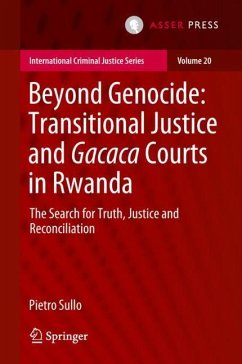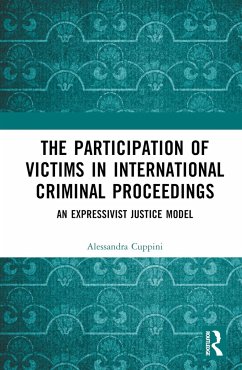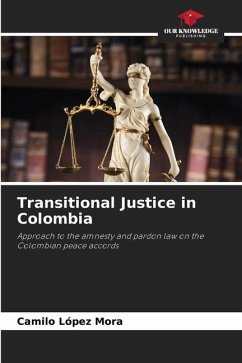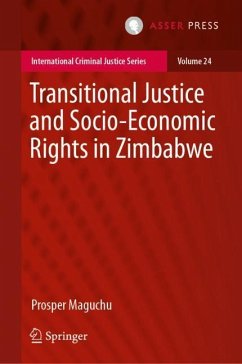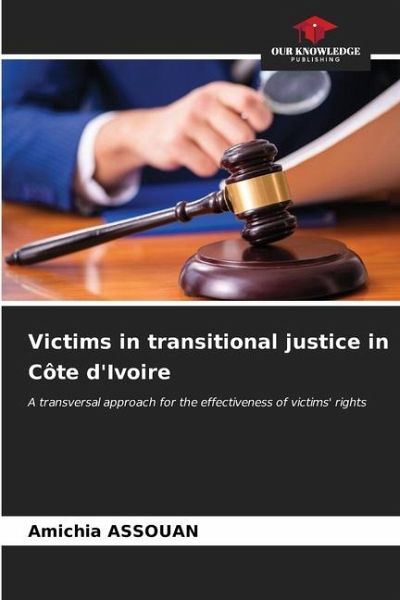
Victims in transitional justice in Côte d'Ivoire
A transversal approach for the effectiveness of victims' rights
Versandkostenfrei!
Versandfertig in 6-10 Tagen
68,99 €
inkl. MwSt.

PAYBACK Punkte
34 °P sammeln!
Côte d'Ivoire experienced a violent post-electoral crisis in 2010, with over 3,000 deaths. In the wake of these atrocities, the new authorities decided to commit the country to a transitional justice process in an attempt to address the situation. Transitional justice is a set of jurisdictional and non-jurisdictional mechanisms aimed at reconciling a deeply divided people through the restoration of victims' inalienable rights. However, the central place of victims is not always effective in practice. We claim to act for and in their favor, without really involving them. Victims are almost giv...
Côte d'Ivoire experienced a violent post-electoral crisis in 2010, with over 3,000 deaths. In the wake of these atrocities, the new authorities decided to commit the country to a transitional justice process in an attempt to address the situation. Transitional justice is a set of jurisdictional and non-jurisdictional mechanisms aimed at reconciling a deeply divided people through the restoration of victims' inalienable rights. However, the central place of victims is not always effective in practice. We claim to act for and in their favor, without really involving them. Victims are almost given roles to play, in return for compensation which, in most cases, they find unsatisfactory. Thus, transitional justice, while providing important elements of alternative conflict resolution, must nonetheless give rise to a certain number of reservations and criticisms. This thesis attempts to identify a minimum standard to be taken into account for the satisfaction of victims' rights in any transitional justice process.



